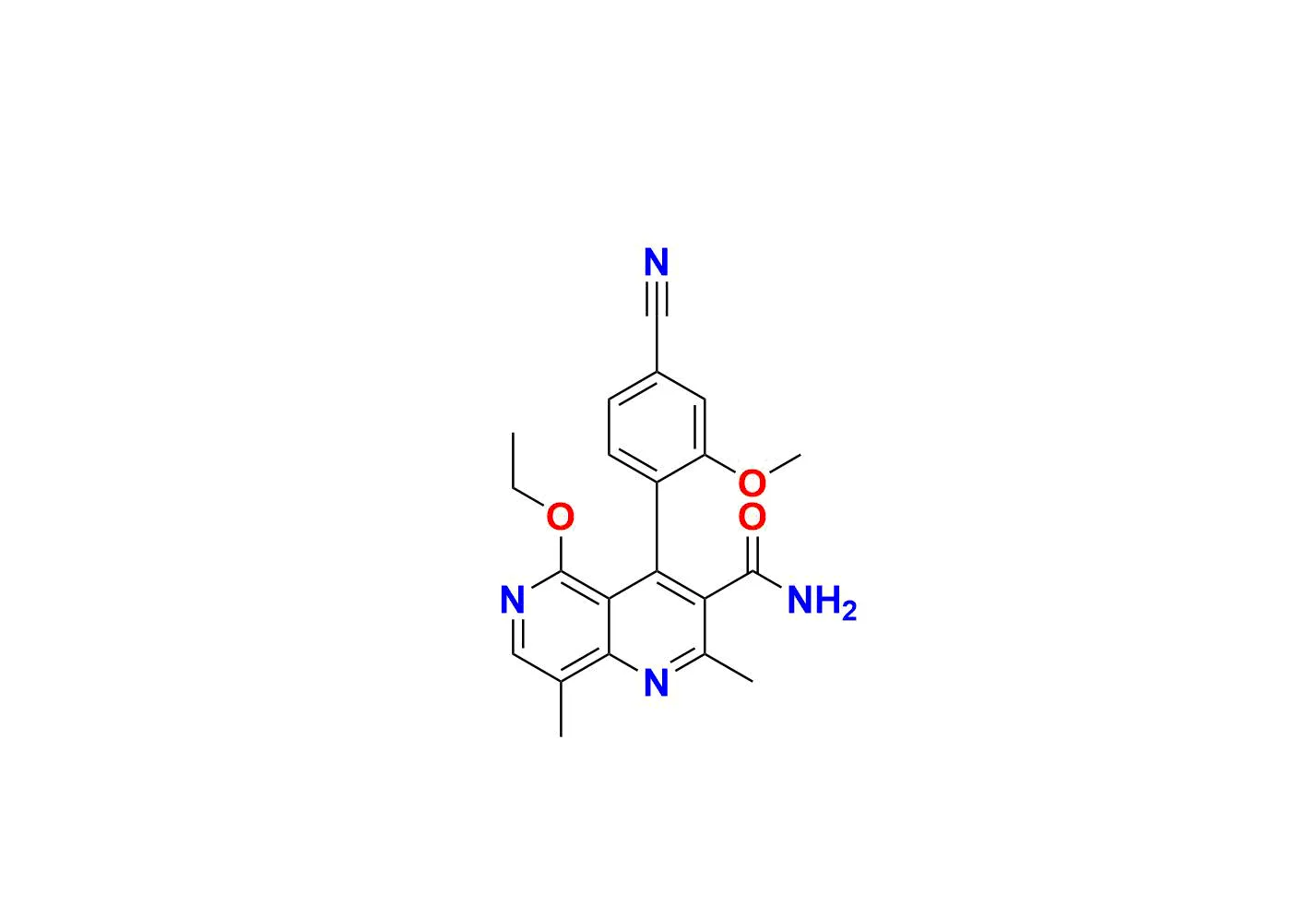
Bayer Seeks FDA and China CDE Approval for Finerenone in Heart Failure Treatment
Bayer has recently submitted marketing authorization applications for its drug finerenone to both the U.S. Food and Drug Administration (FDA) and the Center for Drug Evaluation (CDE) of China’s National Medical Products Administration (NMPA). These applications seek approval for the use of finerenone in the treatment of adult patients suffering from heart failure (HF) with a Bayer left ventricular ejection fraction (LVEF) of ≥40%. This includes individuals with mildly reduced LVEF (HFmrEF) and preserved LVEF (HFpEF). The submission is based on the promising results of the Phase III FINEARTS-HF clinical study, which demonstrated the drug’s potential cardiovascular benefits in patients with this common and challenging form of heart failure.
Finerenone is a non-steroidal, selective mineralocorticoid receptor antagonist (nsMRA) that targets the mineralocorticoid receptor (MR) pathway. It has been shown to provide significant cardiovascular benefits, making it the first drug of its kind to do so for patients with HFmrEF and HFpEF. This pathway has been identified as a critical factor in heart failure, and finerenone’s unique approach is based Bayer on blocking the harmful effects of MR overactivation. The drug has already been approved for the treatment of chronic kidney disease (CKD) associated with type 2 diabetes (T2D) in more than 90 countries, including in China, the U.S., Europe, and Japan, where it is marketed under the name Kerendia™ or Firialta™.

Christine Roth, Executive Vice President at Bayer, expressed her optimism about the potential of finerenone in treating heart failure, noting the drug’s capacity to fill a significant gap in care for patients with HF and LVEF ≥40%. She highlighted the difficulty in treating this Bayer patient population, which currently has limited therapeutic options. If approved, finerenone could become a cornerstone in the treatment of heart failure, providing a novel approach to managing the cardiovascular complications of this widespread condition.
Heart failure is a complex and growing global health crisis that affects over 60 million people worldwide. Approximately half of these patients are diagnosed with heart failure and a left ventricular ejection fraction of ≥40%. This condition presents a unique challenge because Bayer of its association with multiple comorbidities, which complicates its treatment. Furthermore, trends suggest that heart failure patients with LVEF ≥40% will soon represent the majority of those hospitalized due to heart failure.
Finerenone works by targeting the MR and renin-angiotensin-aldosterone system (RAAS) overactivation, two key factors contributing to heart failure. By addressing these mechanisms, the drug works to alleviate hemodynamic factors, inflammation, and fibrosis processes that exacerbate heart failure in patients with LVEF ≥40%. The results from the FINEARTS-HF Phase III trial demonstrated that finerenone significantly improved cardiovascular outcomes compared to a placebo, supporting the potential of this drug to make a meaningful impact in heart failure treatment.
The FDA and NMPA applications for finerenone are based on data from FINEARTS-HF, which is one of the largest Phase III clinical trials in heart failure to date, involving over 15,000 patients. The goal of this extensive trial program, known as MOONRAKER, is to establish a comprehensive understanding of finerenone’s efficacy and safety across a broad range of patients and clinical settings, particularly in heart failure and kidney disease.
FINEARTS-HF, which stands for “Finerenone in Heart Failure with Mildly Reduced or Preserved Ejection Fraction,” is a randomized, double-blind, placebo-controlled, multicenter study that investigates the drug’s ability to prevent cardiovascular death and heart failure-related events in symptomatic patients. The study included patients with a left ventricular ejection fraction of ≥40%, who were receiving diuretic treatment for at least 30 days prior to randomization. The primary endpoint of the study was the composite of cardiovascular death and total heart failure events, including hospitalizations or urgent visits for heart failure.
Around 6,000 patients participated in the FINEARTS-HF study, which was conducted at over 630 sites across 37 countries. This global trial aims to provide strong evidence for the clinical benefits of finerenone in improving cardiovascular outcomes in patients with heart failure and LVEF ≥40%. The broader MOONRAKER program, which includes FINEARTS-HF and several other studies, is one of the largest research efforts in heart failure to date.
Finerenone, which is marketed as Kerendia™ or Firialta™, is a non-steroidal, selective mineralocorticoid receptor antagonist designed to block the harmful effects of MR overactivation. This overactivation has been implicated in the progression of chronic kidney disease and cardiovascular damage, both of which are critical concerns in patients with heart failure. The positive outcomes from the FINEARTS-HF trial, along with the ongoing studies in the MOONRAKER program, offer hope that finerenone may soon be an approved treatment option for heart failure patients.
Heart failure is a progressive condition that impairs the heart’s ability to pump blood and supply oxygen to the body. It is associated with high morbidity and mortality rates, with heart failure patients facing a grim prognosis, similar to or worse than certain cancers. Patients with heart failure often suffer from other health conditions, including chronic kidney disease, diabetes, hypertension, and atrial fibrillation, which further complicate treatment.
Heart failure is categorized based on left ventricular ejection fraction (LVEF), a measure of the heart’s pumping efficiency. Patients with reduced ejection fraction (HFrEF) have an LVEF ≤40%, while those with mildly reduced (HFmrEF) or preserved ejection fraction (HFpEF) have LVEF ≥40%. While there have been advances in treatment for HFrEF, options remain limited for patients with LVEF ≥40%, which represents a growing burden of heart failure patients.
Bayer is committed to addressing the unmet medical needs in both cardiovascular and kidney diseases. As an innovation leader in this field, Bayer is developing a portfolio of treatments to address the interconnected challenges of these conditions. The company’s efforts to explore new treatments for heart failure and chronic kidney disease reflect its dedication to improving patient outcomes and advancing the science of medicine. The positive data from the FINEARTS-HF study and the ongoing clinical trials with finerenone demonstrate Bayer’s commitment to providing meaningful therapies for patients worldwide.







